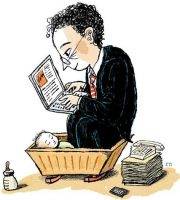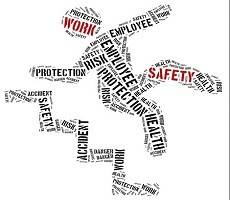September 1, 2016
BSRIA publishes new downloadable guide to indoor air quality 0
 The Building Services Research and Information Association (BSRIA) has released a new topic guide on indoor air quality (IAQ), which is now available to download free from the association’s website. The guide is written for those seeking some introductory information about indoor air quality including prevalence, history and definition, along with information on types of contaminants and their exposure limits, while readers are also provided with a useful site map. BSRIA’s asset performance team leader, Blanca Beato-Arribas, said: “People spend approximately 80 per cent of their time indoors. There is enough evidence that links poor air quality with permanent damages to health or even death. Therefore, we should be aware of the quality of the air that we breathe both at home and at work, and ensuring good indoor air quality at work should be a priority for employers.” The guide will provide insight into the most common contaminants, both from indoor sources and external sources as well as a summary of the current legislation and a guide map of what contaminants to investigate.
The Building Services Research and Information Association (BSRIA) has released a new topic guide on indoor air quality (IAQ), which is now available to download free from the association’s website. The guide is written for those seeking some introductory information about indoor air quality including prevalence, history and definition, along with information on types of contaminants and their exposure limits, while readers are also provided with a useful site map. BSRIA’s asset performance team leader, Blanca Beato-Arribas, said: “People spend approximately 80 per cent of their time indoors. There is enough evidence that links poor air quality with permanent damages to health or even death. Therefore, we should be aware of the quality of the air that we breathe both at home and at work, and ensuring good indoor air quality at work should be a priority for employers.” The guide will provide insight into the most common contaminants, both from indoor sources and external sources as well as a summary of the current legislation and a guide map of what contaminants to investigate.



































August 31, 2016
Addressing the five negative influences on organisational culture 0
by Matias Rodsevich • Comment, Flexible working, Knowledge, Workplace
More →